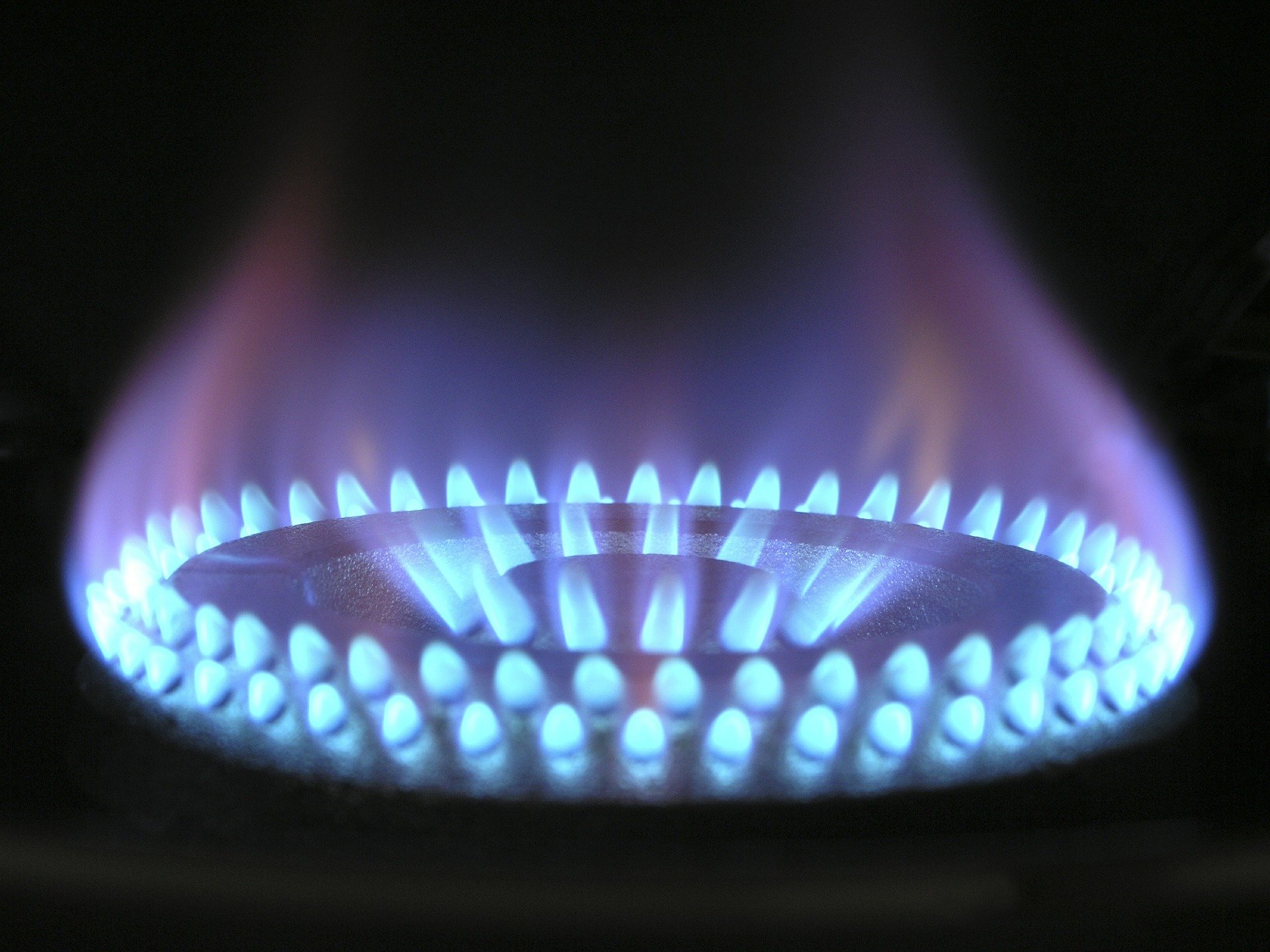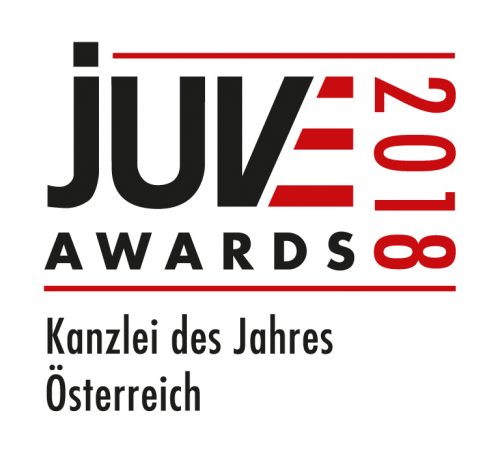Whistleblowing reporting systems
We help with implementation and processing!

Last week was a tough one: the European Commission presented its gas emergency plan, which caused massive controversy (“15% savings obligation”). On Friday, BM Gewessler sent the draft of the Natural Gas Steering Regulation for review. We want to take a closer look at the latter.
The draft specifies the steering measures to secure natural gas supplies and avert an imminent threat of disruption to Austria’s energy supply. The prerequisites for taking natural gas steering measures should already be in place at the present time. The control measures are intended to ensure that vital energy requirements are met, including those for national military defense purposes, that the production of goods and services is maintained without interruption, and that the population and other consumers are supplied.
Section 3 defines three groups of obligated parties:
End-consumers include natural or legal persons or registered joint partnerships that purchase natural gas for their own use.
Companies are called upon to use energy in the form of natural gas carefully and to consume it only to the extent necessary (section 4). Non-compliance with this obligation, which is relatively vague and not subject to any threshold values, may result in fines of up to EUR 72,660 (section 39 par. 1 nb. 1).
Additionally, obligated parties, for whom it is technically, economically and legally feasible, must create the conditions as soon as possible so that natural gas substitution can be implemented in whole or in part as of October 1st, 2022, and maintained for four months (section 4 par. 1). The provision does not impose a direct obligation to substitute natural gas, but rather to take preparatory measures. The natural gas substitution (section 2 par. 3) not only refers to the replacement of natural gas that is used in the relevant processes of the obligated parties (e.g., generation of energy or manufacture of products), but also, according to the explanatory notes, to the establishment of the operational capability of a closed energy generation plant formerly operated (also) on the basis of natural gas with another energy source.
The preparatory measures include the inspection, maintenance, and repair of existing or decommissioned plants, the procurement and storage of other energy sources, as well as measures to change the mode of operation, including the necessary approval and notification requirements (section 5 par. 3). In addition, a test operation is to be carried out to ensure proper commissioning, whereby conflicting regulations on the mode of operation and emission limit values are not to be applied (section 5 par. 3).
The conditions under which the obligated party may take preparatory measures are regulated in section 6. The preparatory measures must be permissible within the framework of the existing consensus under plant law, or it must be possible to obtain legally binding (!) plant-law permits or notifications. The explanatory notes refer to the possibility of issuing verbal notifications and mandate notifications. Whether and to what extent the necessary permits can be legally obtained within the specified time frame will often not depend on the plant operator – even if the authorities make use of the “acceleration instruments” mentioned.
In cases in which the natural gas substitution requirements can only be created after October 1st, 2022, but no later than six months after the ordinance comes into force, the obligated parties must notify the BMK of this by September 30th, 2022, stating the reasons.
Obligated parties can submit an application for compensation to the BMK. Compensation is paid for those costs that were demonstrably necessary for the creation of the natural gas substitution requirements or that otherwise arose as a result. “Savings,” i.e., all pecuniary benefits accruing to the obligated party directly or indirectly from the creation of the natural gas substitution requirements, are deducted.
Long awaited, the first Natural Gas Steering Regulation will have a major impact on the economic progress of larger consumers, without, of course, igniting the final “escalation stage” (e.g., quantity orders). The short time window for taking preparatory measures to switch to other energy sources is noteworthy. It remains to be seen to what extent this can be implemented in practice.
Comments can be submitted until July 25th, 2022, to the e-mail stabst-krima-el@bmk.gv.at.
This article is for general information only and does not replace legal advice. Haslinger / Nagele Rechtsanwälte GmbH assumes no liability for the content and correctness of this article.
Johannes Hartlieb and Emil Nigmatullin from the teams Regulated Industries and Environmental & Technology will be happy to answer any further questions you may have on this topic.
22. July 2022






